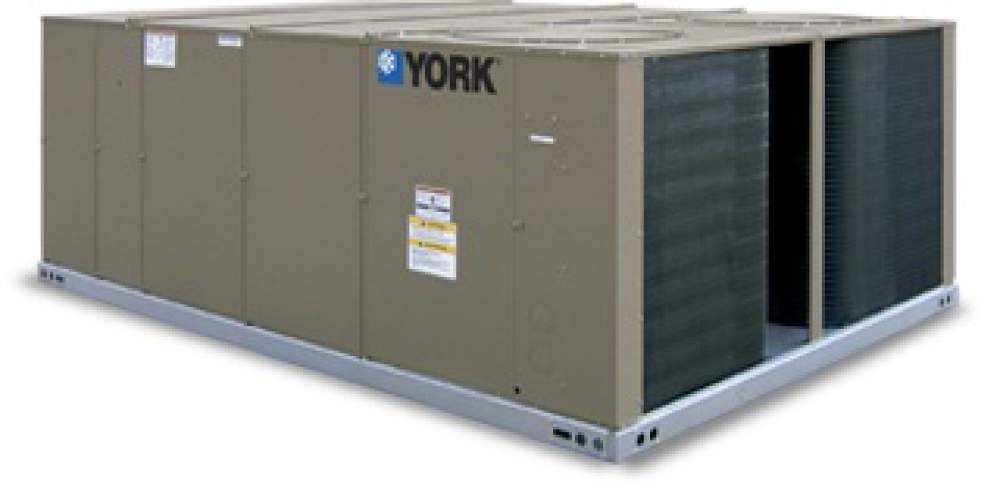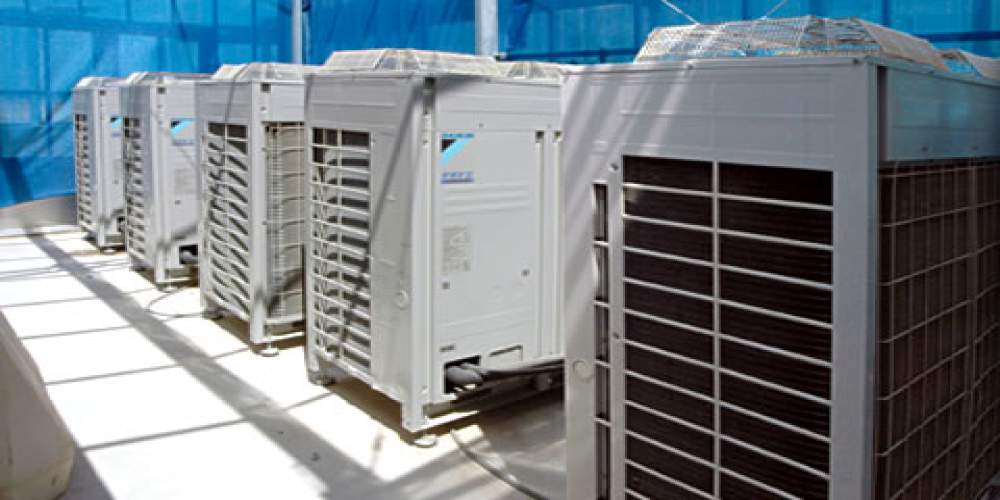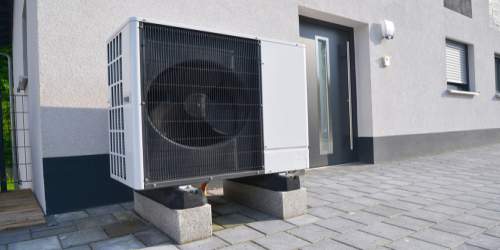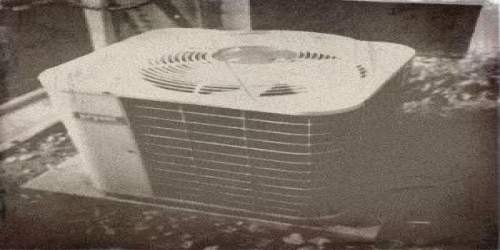Read Time : 4 Minutes
Commercial Heat Pump system
Are heat pumps suitable for commercial properties?
In general, the answer is yes, but there are a few exceptions.
Allow us to explain. Most modern or new build commercial buildings will likely have some kind of heat pump technology installed. This is particularly true in buildings designed for habitation or regular human activity. Older commercial buildings such as warehouses and workshops likely won't and the key difference between the two when it comes to suitability is insulation. We can’t stress enough how important good insulation is when it comes to heat pump systems. Without it, your system will need to overcompensate to maintain a steady temperature. Therefore, in a building with poor insulation like an older property, or a warehouse, fitting a heat pump system would be a bad idea.
As the only real downsides relate to lack of insulation and installation costs, they barely merit a list. To be fair though, ground source heat pumps can be more expensive and disruptive to install. In addition, heat pump systems require external machinery which needs space and occasionally permission to install. Space is a factor you need to consider, especially if you’re considering a ground source heat pump. If you don’t have outside space and need to drill boreholes, the price can be prohibitive.
Heat pumps essentially move heat from one area to another. The most popular type is the Air Source Heat Pump that uses a small amount of electrical energy to transfer the ambient heat in the air outside your property and move it inside through a chemical process, where, at a higher temperature it can then be used for wet under floor heating, radiators or maintaining a supply of hot water. Other types of heat pump use the ground or water as a source of abundant free heat, but the principal is largely the same.
Like with domestic properties, the UK government is keen to promote heat pump technology as a replacement for fossil fuel boilers in commercial settings. To this end, there are a raft of programs available to assist UK companies make the switch to heat pump systems. Check out our advice page for the latest news on available funding and incentives.
Heat Pumps for Commercial and Industrial Premises
Many businesses trying to cut down on their carbon footprint and reduce energy bills are starting to look at heat pumps for a long-term cost-effective solution to heating a busy office. According to the Energy Savings Trust last year, something like a ground source heat pump could save and save/make a business without a gas supply some £3,000+ per annum on average. This figure can quickly rise depending on how much your paying for heating.
The UK Government has pledged to significantly lower carbon emissions, so to assist the companies looking to switch to low carbon heating systems the Boiler Upgrade Scheme (BUS) has been set up. The scheme is available to commercial and non-domestic properties and will pay up to £7,500 towards installation costs. Your installation company will subtract the grant from your bill and recoup the grant through Ofgem.
Eligibility for BUS:
- Your property must be a home or small non-domestic building in England or Wales. The maximum installation capacity of 45kWth covers the vast majority of these properties.
- Your property must have a valid energy performance certificate with no outstanding recommendations for loft or cavity wall insulation. (There are some exceptions to this, please speak to your installer for further information).
- Biomass boilers are only eligible in properties that are both in a rural location and not connected to the gas grid. Heat pumps do not have either of these restrictions.
- You must be fully replacing an existing fossil fuel system such as an oil or gas boiler, or an electric heating system such as storage or panel heaters. Funding will not be available for the replacement of existing low carbon heat systems.
- You can still apply if you’ve received separate funding for energy efficiency upgrades such as insulation, doors or windows.
- New-build properties are not eligible for the Boiler Upgrade Scheme, although self-build properties are eligible.
Information from: https://www.find-government-grants.service.gov.uk/grants/boiler-upgrade-scheme#eligibility
COMPARE PRICES FROM LOCAL INSTALLERS
Compare prices from local companies fast & free
Enter your postcode to compare quotes from leading professionals. We promise to keep your information Safe & Secure. Privacy Policy
The Benefits of Heat Pumps for Businesses
For most commercial buildings, providing the property is energy efficient in terms of insulation, heat pumps are a great investment. Let’s look at the upsides.
- Despite the initial cost of installing a heat pump system there are significant savings that can be made on your fuel bills if you are currently using electricity, oil, solid fuel or liquid gas to heat your premises.
- Correctly installed by a qualified supplier, a heat pump should be very reliable and fairly low maintenance. It could last 25 years or more.
- Improved energy efficiency, which apart from the obvious, can enhance a properties value.
- Heat pumps improve air quality, have low noise, low running costs, and in some circumstances can be used as air conditioning, cooling down the workspace environment when needed, providing a controlled climate.
- Lower emissions - improving your environmental impact and outgoing green image
- A good fit with other renewable energy sources like solar panels
- Easy to keep a comfortable steady temperature
- There may be available grants and subsidies

Large heat pumps are being used more and more for commercial and other non-domestic premises including schools, sports centres, shops and offices. It is estimated that around 40% of CO2 emissions can come from commercial heating alone and finding new and innovative ways to heat premises is at the top of the list for many businesses.
A heat pump delivers around 3-4 kWh of energy for every 1 kWh of electricity used to power it, which means they are 300 to 400% more efficient than electric heating alone. Whilst the cost of installing something like an Air Source Heat Pump will vary depending on the size and complexity of the commercial premises, there is no doubt that significant savings can be made.
According to a Which? report installing a domestic Air Source Heat Pump can cost around £9-14,000 but save between £585 and £880 a year if being used to replace oil heating, possibly higher if it is replacing electric heating. There will, of course, be an initial cost involved that could be prohibitive depending on the size of your property and your business, and it will take a while before you start seeing the benefits of a reduction in bills as you pay off the investment, but once the break-even point has been reached there is potential for significant savings and a good ROI.
You will also need to check that your commercial property is suitable for installing heat pumps. For instance, with Air Source Heat Pumps you will require a suitable exterior wall or flat roof space to fit the external unit. A well-designed commercial heat pump system is more than capable of providing all the heating needs for a business and, in the long term, represent good value for money in savings from reduced energy bills as well as helping commercial premises bring down that all important carbon footprint.
Conclusion
Heat pumps represent a perfect solution for commercial properties, offering an array of benefits that extend far beyond traditional heating and cooling systems. These technologies excel in improving energy efficiency, reducing operational costs, and enhancing environmental sustainability and decarbonisation. The adoption of heat pumps in commercial settings aligns with the Government's drive to reduce the UK's carbon footprint whilst offering significant benefits for the property owner. Heat pumps offer a practical and scalable solution for commercial properties to reduce their carbon footprint and promote sustainability.
The ability to provide both heating and cooling services efficiently, with lower maintenance requirements, allows businesses to allocate resources more effectively and focus on their core operations.
Heat pumps are not merely a technological upgrade for commercial properties. Their adoption represents a smart investment in efficiency, cost savings, and environmental stewardship, positioning commercial properties as leaders in the transition to a cleaner and more sustainable energy landscape.
Find a local installer
Welcome to the biggest directory of UK renewable energy companies






 How does a Heat Pump Work
How does a Heat Pump Work








